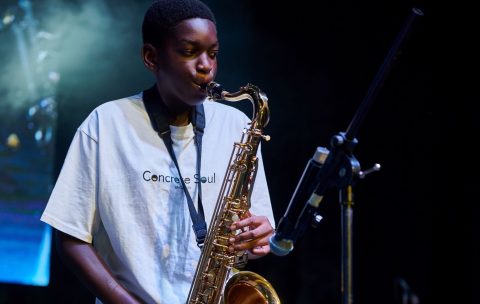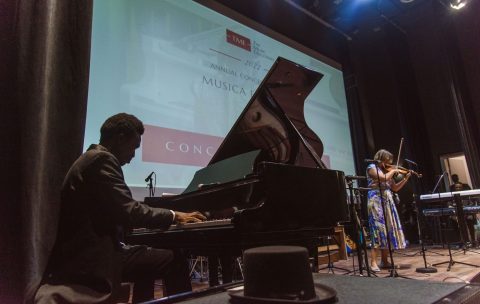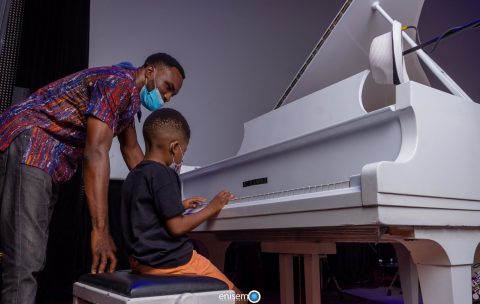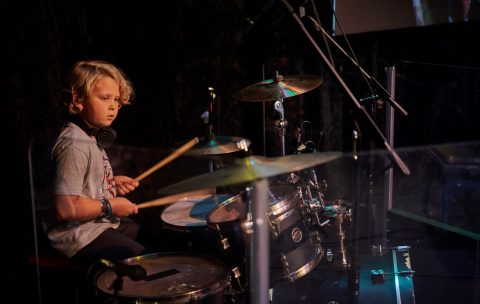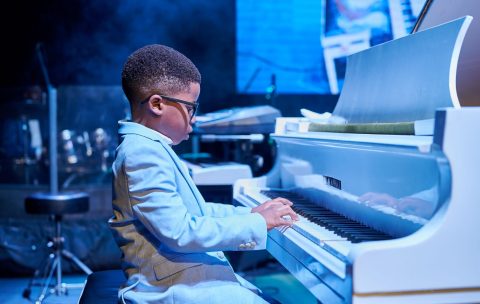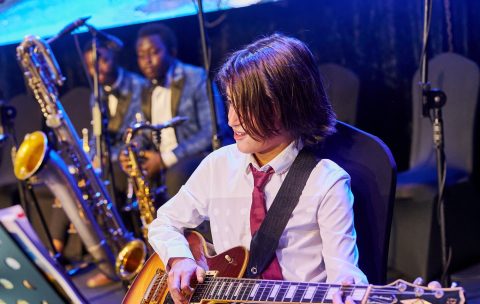Voice training
What you'll learn
Students will gain a thorough understanding of music theory concepts, including notation, harmony, scales, and key signatures, applicable from the initial grade through grade 8.
The course aims to build students' confidence and readiness for ABRSM theory exams by providing targeted practice, mock exams, and personalized feedback, ensuring they are well-prepared to achieve high scores
Learners will develop the ability to apply theoretical knowledge in practical situations, such as analyzing music scores, composing melodies, and understanding the structure of various musical forms.
Saxophone
What you'll learn
Students will gain a thorough understanding of music theory concepts, including notation, harmony, scales, and key signatures, applicable from the initial grade through grade 8.
The course aims to build students' confidence and readiness for ABRSM theory exams by providing targeted practice, mock exams, and personalized feedback, ensuring they are well-prepared to achieve high scores
Learners will develop the ability to apply theoretical knowledge in practical situations, such as analyzing music scores, composing melodies, and understanding the structure of various musical forms.
Piano 101 – 564. (ABRSM Grade 1 -8)
What you'll learn
Students will gain a thorough understanding of music theory concepts, including notation, harmony, scales, and key signatures, applicable from the initial grade through grade 8.
Learners will develop the ability to apply theoretical knowledge in practical situations, such as analyzing music scores, composing melodies, and understanding the structure of various musical forms.
The course aims to build students' confidence and readiness for ABRSM theory exams by providing targeted practice, mock exams, and personalized feedback, ensuring they are well-prepared to achieve high scores.
Theory 101 – 584 (ABRSM Grade 1 -8)
What you'll learn
Students will gain a thorough understanding of music theory concepts, including notation, harmony, scales, and key signatures, applicable from the initial grade through grade 8.
Learners will develop the ability to apply theoretical knowledge in practical situations, such as analyzing music scores, composing melodies, and understanding the structure of various musical forms.
The course aims to build students' confidence and readiness for ABRSM theory exams by providing targeted practice, mock exams, and personalized feedback, ensuring they are well-prepared to achieve high scores.
Piano
What you'll learn
Students will gain a thorough understanding of music theory concepts, including notation, harmony, scales, and key signatures, applicable from the initial grade through grade 8.
The course aims to build students' confidence and readiness for ABRSM theory exams by providing targeted practice, mock exams, and personalized feedback, ensuring they are well-prepared to achieve high scores
Learners will develop the ability to apply theoretical knowledge in practical situations, such as analyzing music scores, composing melodies, and understanding the structure of various musical forms.
Drums
What you'll learn
Comprehensive Curriculum: Our course covers all aspects of drumming, ensuring you develop a well-rounded skill set.
Flexible Learning: Learn at your own pace with lifetime access to course materials.
Performance Opportunities: Get opportunities to showcase your skills through virtual performances and contests.
Mastering the Keyboard
What you'll learn
Enhances Cognitive Skills: Learning to play the keyboard improves memory, concentration, and coordination.
Boosts Creativity: Playing music fosters creativity and self-expression.
Stress Relief: Engaging with music is a proven way to reduce stress and improve mental well-being.
Versatility: The keyboard is a versatile instrument used in various music genres, providing endless opportunities for exploration.
Guitar
What you'll learn
Guitar Anatomy: Understand the different parts of the guitar and their functions.
Tuning Your Guitar: Learn how to tune your guitar to ensure it sounds perfect.
Basic Chords: Get introduced to essential chords like C, G, D, and Em.
Strumming Patterns: Practice simple strumming techniques to accompany your chords.
Chord Transitions: Tips on switching between chords smoothly.


